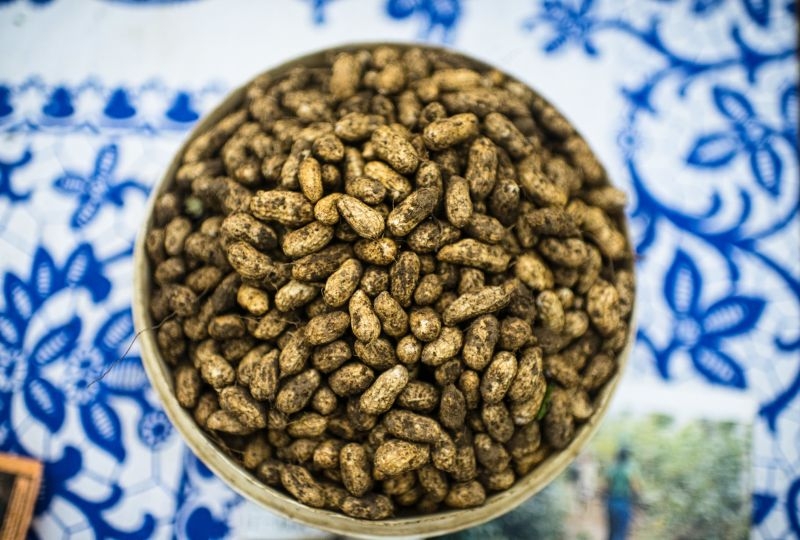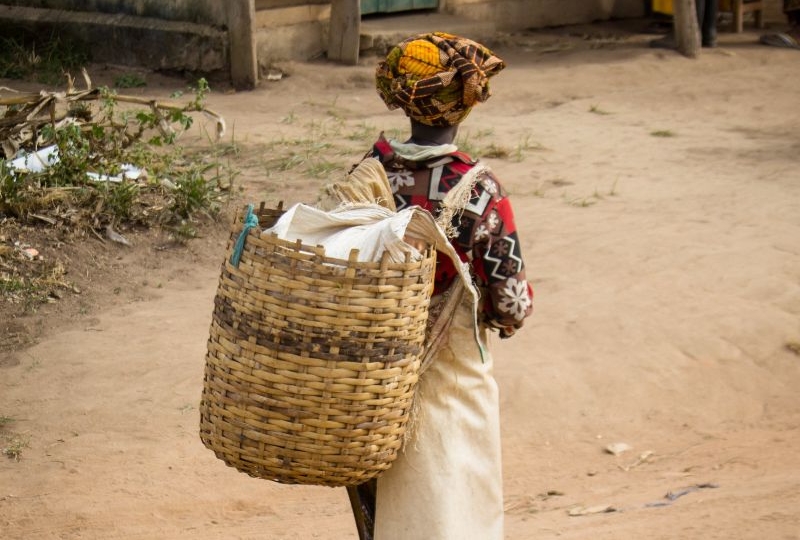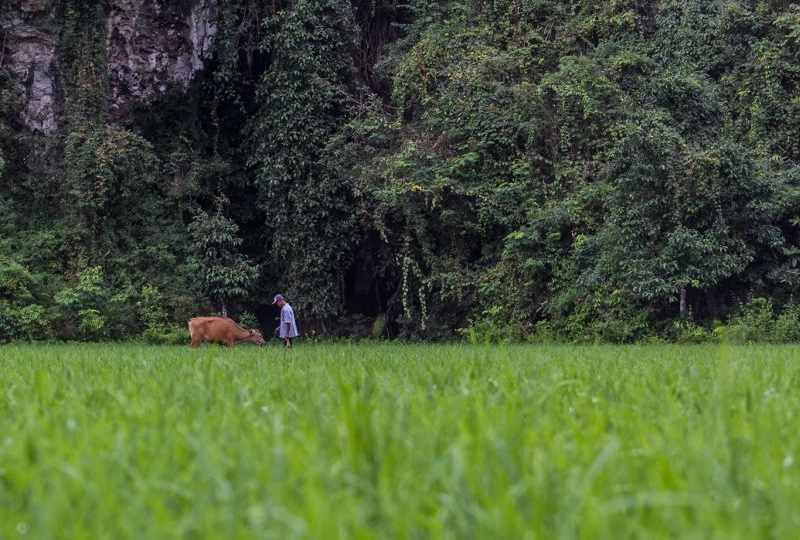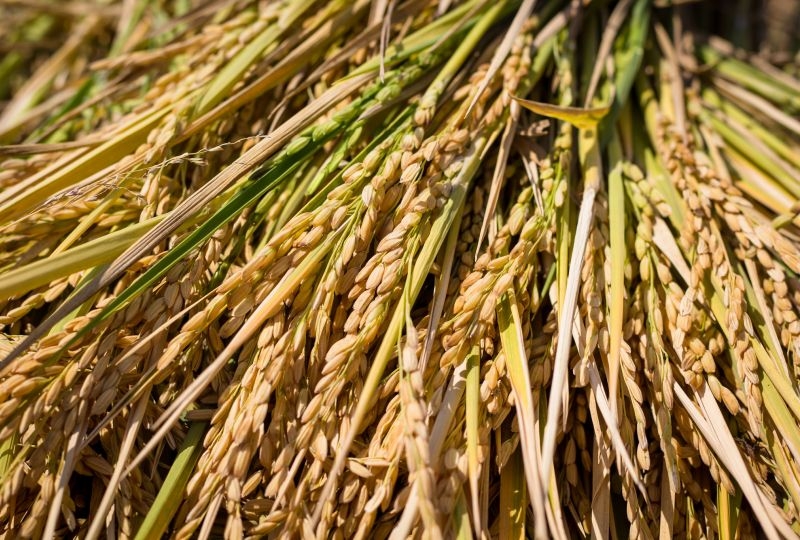To respond to these challenges, the UN adopted the UNDROP back in 2018, in which the right to seeds is recognized. According to the UNDROP, all states shall, inter alia, ‘support peasant seed systems, and promote the use of peasant seeds and agrobiodiversity’, and they shall ‘ensure that seed policies, plant variety protection and other intellectual property laws, certification schemes and seed marketing laws respect and take into account the rights, needs and realities of peasants’.
‘The implementation of the UNDROP represents a unique opportunity to rebalance the lack of support given to peasant seed systems worldwide, compared to the support given to industrial seed systems in recent decades. This is essential for the protection of the lives and livelihoods of hundreds of millions of peasants, as well as in the interest of all for the preservation of crop biodiversity agrobiodiversity’ underlines Dr Golay.











